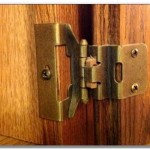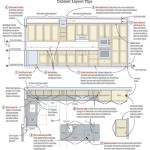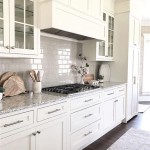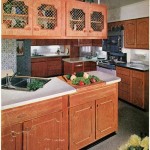Essential Aspects of Kitchen Sink Cabinet DIY
Constructing a kitchen sink cabinet involves meticulous planning and attention to several crucial aspects. Understanding these fundamentals is vital for ensuring a successful project outcome and creating a durable, functional, and aesthetically pleasing cabinetry.
This article delves into the essential aspects of DIY kitchen sink cabinet construction, providing valuable insights and guidance for both experienced and novice home renovators. We will explore each aspect in detail, discussing its significance and offering practical tips to help you navigate the DIY process.
1. Cabinet Design and Planning
A well-thought-out cabinet design is paramount for optimizing storage space, functionality, and aesthetics. Consider the size and layout of your kitchen, the type of sink you intend to install, and the desired cabinet style. Sketch a detailed plan, including measurements, to ensure proper fit and alignment.
2. Material Selection
The choice of materials for your cabinet frame, doors, and drawers greatly impacts the durability and appearance of the finished product. Opt for sturdy materials such as plywood or solid wood for the frame and consider using water-resistant materials like MDF or laminate for the exposed surfaces.
3. Building the Cabinet Frame
Assembling the cabinet frame requires precision and attention to detail. Use pocket screws or wood glue to secure the frame components at right angles, ensuring a sturdy and square structure. Reinforce the frame with corner braces or gussets for added strength and stability.
4. Installing the Sink and Faucet
Properly installing the sink and faucet is crucial for preventing leaks and ensuring proper water flow. Cut an accurate hole in the countertop for the sink and secure it using mounting clips or brackets. Install the faucet according to the manufacturer's instructions and test for any leaks before proceeding further.
5. Drawer and Door Installation
Drawers and doors enhance the functionality and accessibility of your kitchen sink cabinet. Mount drawer slides to the cabinet frame and the drawer sides, ensuring smooth operation. Adjust the hinges and strike plates on the doors to achieve a flush fit and prevent binding.
6. Finishing and Hardware
The final touches of painting, staining, or applying a finish to the cabinet enhance its appearance and protect it from moisture. Choose a finish that complements your kitchen decor and apply it according to the manufacturer's instructions. Install cabinet handles or knobs for ease of use.
7. Post-Installation Inspection
Once the DIY kitchen sink cabinet is complete, perform a thorough inspection to ensure its functionality and stability. Check for any loose screws, alignment issues, or potential leaks. Adjust as needed to guarantee a seamless and satisfactory outcome.
By following these essential aspects and incorporating the tips provided, you can successfully construct a functional and stylish kitchen sink cabinet. Enjoy the satisfaction of completing a DIY project that adds value and functionality to your home.

Diy Budget Open Kitchen Cabinet You Can Build In A Weekend The Ponds Farmhouse

How To Build A Farmhouse Sink Base Cabinet Houseful Of Handmade

How To Add Vintage Charm With A Diy Reclaimed Wood Sink Cabinet The Created Home

Amazing Kitchen Sink Ideas Freestanding Free Standing Cabinets Interior

Sink Base Units Kitchen Diy Kitchens

How To Build A Farmhouse Sink Base Cabinet Houseful Of Handmade

Homemade Modern Ep86 Kitchen Cabinets

How To Build A Kitchen Sink Base Cabinet
Diy Kitchen Cabinets Blog Dawn Kinney Martin

Homemade Modern Ep86 Kitchen Cabinets
Related Posts








